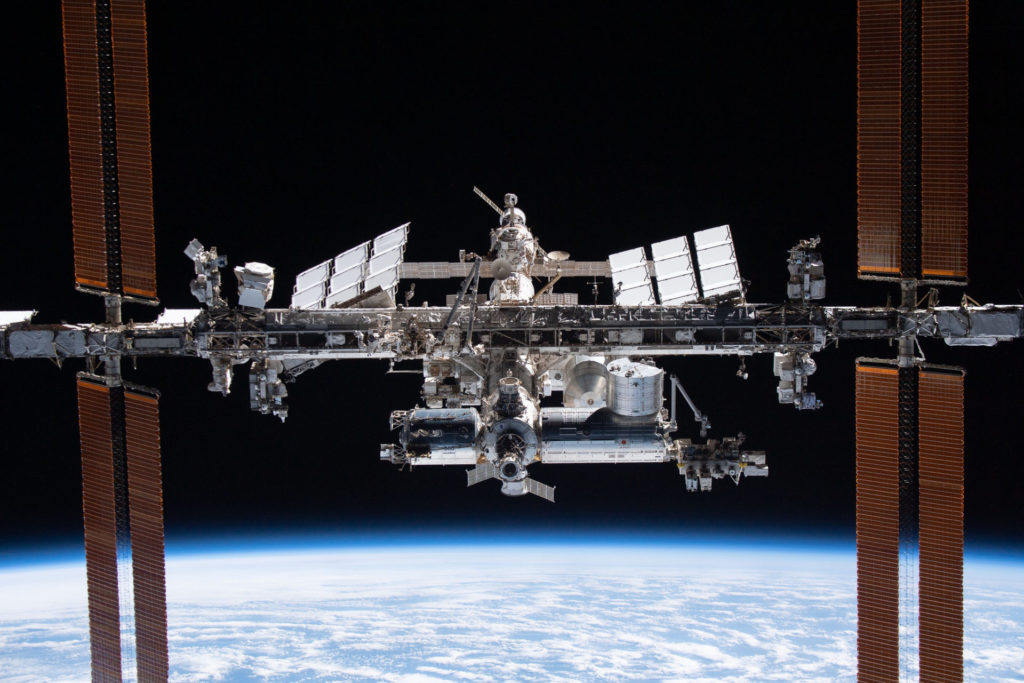As of 4 February 2024, at 08:30:08 UTC, the Russian crew member had cumulatively logged more than 878 days aboard the International Space Station, and counting, over multiple missions since 2008.

The previous record holder, cosmonaut Gennady Padalka, spent 878 days, 11 hours, 29 minutes and 48 seconds in space over the course of five missions between 1998 and 2015.
Kononenko is currently serving his fifth stint aboard the station, having arrived in September 2023, and will remain there until September 2024. By the time he departs, he will have logged a jaw-dropping 1,110 days – just over three years – and become the first human to have spent 1,000 days in space.
One of the reasons the achievement is so impressive is the toll it takes on the astronaut. The usual duration of an ISS flight is around six months, and the physical effects are intense. Most of these – such as the redistribution of fluid around the body in a weightless environment – return to normal upon return to Earth, but some take a little bit longer.
Most notable is the bone density loss and muscle atrophy. Humans in space lose around 1 to 1.5 percent of their mineral bone density in critical areas like the lower limbs and the spine for every month in space, and although the ISS has exercise equipment and crew members each spend around two hours a day exercising, muscle loss is unavoidable.
It takes several years to recover from a six-month spaceflight, and even afterwards, there are ongoing health concerns, such as a higher risk of bone fracture, an increase in erectile dysfunction, and a higher lifetime cancer risk due to radiation exposure.
But there’s an emotional toll, too. The isolation can be wearing, as well as time away from loved ones. It takes a lot of fortitude and dedication to join the crew of the ISS.
To date, the record for the longest single spaceflight is also held by a cosmonaut, Valeri Polyakov, who spent 437 days and 18 hours aboard the Mir space station in 1994 and 1995.
According to the sciencealert















